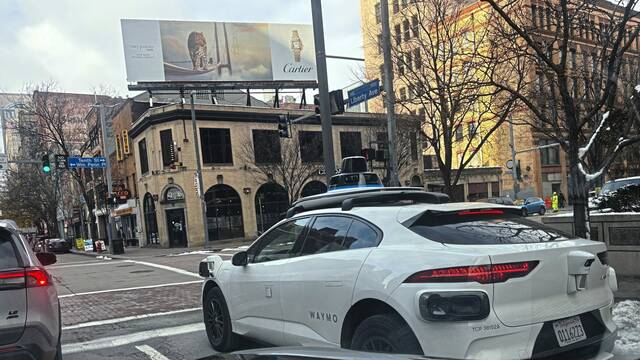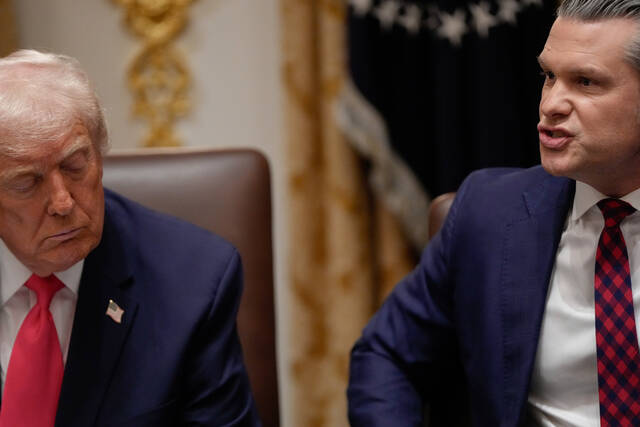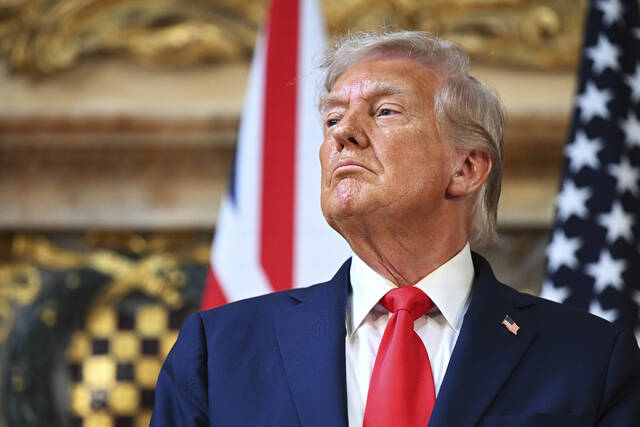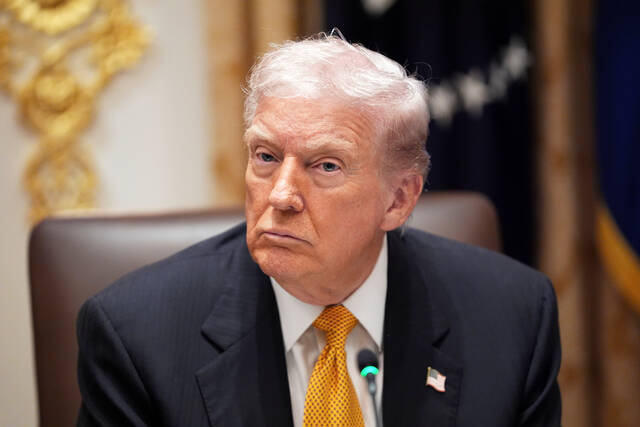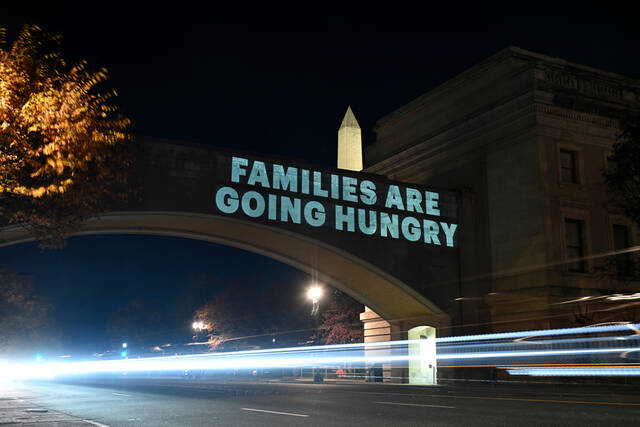The people of L’Aquila, Italy, went about their business as usual in the first week of April 2009. It was a city of around 70,000 residents and the capital of the Abruzzo region — a busy center for government, commerce, education and culture.
Abruzzo has a history of plagues and sieges, and especially earthquakes, and there had been tremors in the previous weeks and days. But the people were assured by an official panel of scientists and public officials that they should not be concerned.
There were doomsdayers who warned that a “big one” was coming. They were ridiculed by these officials, and their methods were scorned. They were called “alarmists” and accused of spreading groundless fear throughout the community.
As with much of Italy, there is incredible beauty in L’Aquila balanced by heartbreaking tragedy, as though there is a price to pay for living in paradise. And at 3:32 a.m. on April 6, 2009, L’Aquila paid that price once again.
In spite of the assurances of the officials, a terremoto centered just outside of L’Aquila killed over 300 people, injured over 1,500, and damaged or destroyed thousands of buildings, resulting in over 70,000 homeless.
Most people agreed that the experts could not be blamed for failing to predict the earthquake, a speculative exercise at best. But government appointees had gone further, falsely assuring the people that they were safe. And people relied on what they said and stayed in their homes and died.
A year later, six scientists and one public official from the panel were convicted and sentenced to prison for giving “inexact, incomplete and contradictory information” to the public. Five years after that, the scientists were exonerated, but the official’s conviction was upheld.
Sustaining all the convictions was a hard lift, but the moral lesson remains. As a local physician, who lost his wife and daughter in the earthquake, said, “All we wanted was clearer information on risks in order to make our choices.”
Americans who are now facing catastrophe deserve that, too. But Donald Trump knows that many people want to believe that the storm is not coming or that their lives need not change. Many people just don’t want bad news. Trump can’t resist falsely assuring them that all will be well very soon.
Early on, Trump said that the number of coronavirus cases in America would be “down to close to zero” within a couple of days. He repeatedly says that we are “very close to a vaccine” and that “anybody that wants a test can get a test.” And he claimed that “when it gets a little warmer” the virus will “miraculously” go away.
We know that none of that is true, but it is no wonder that college students partied on the beaches of Florida during spring break and celebrants crowded into bars on St. Patrick’s Day and pastors are still preaching to churches full of worshipers. If the president isn’t worried, why should they be?
It’s very much like those good people of L’Aquila who slipped into bed that night in April after being told, “Sleep tight. There won’t be an earthquake.”



